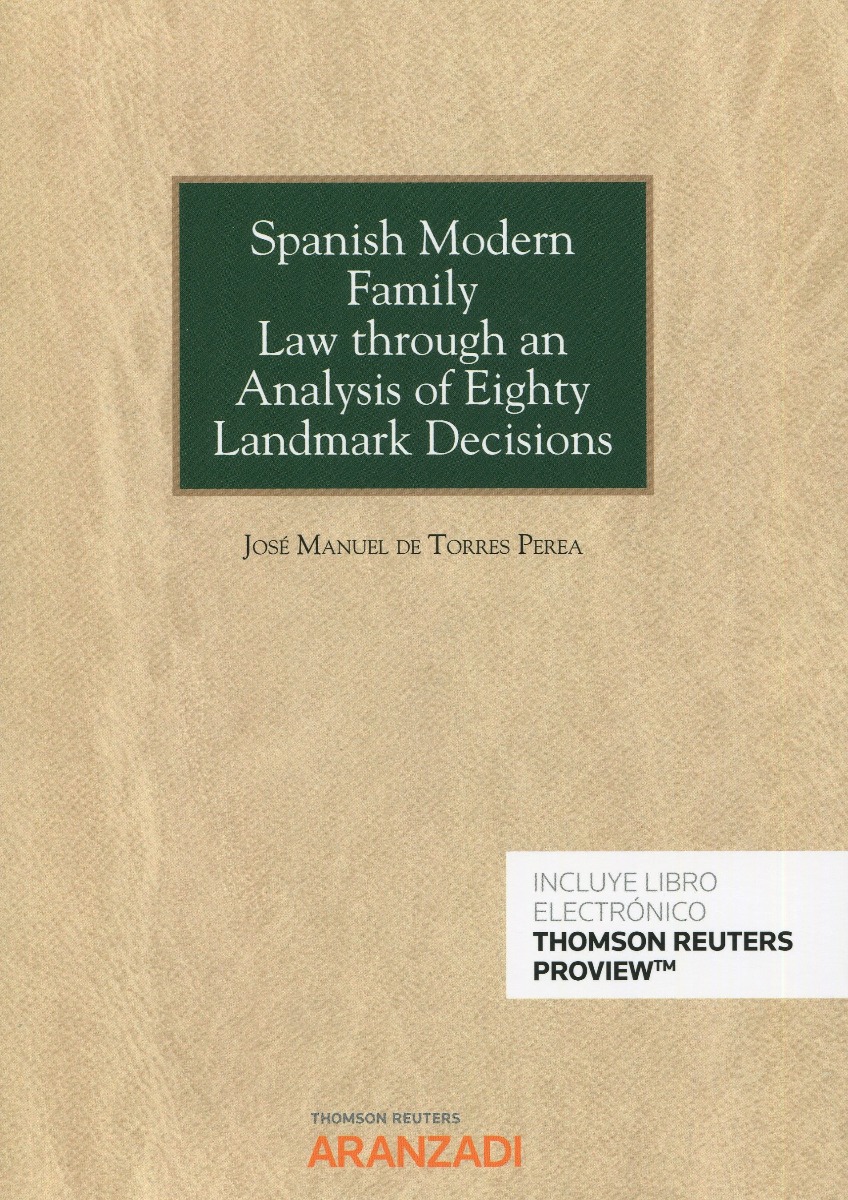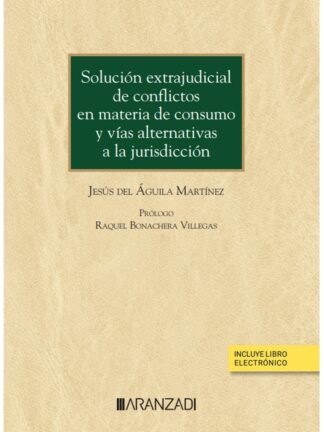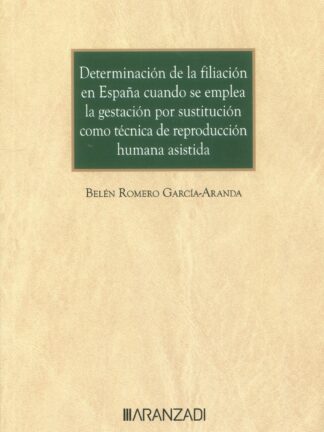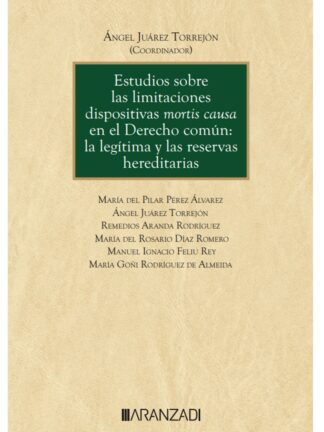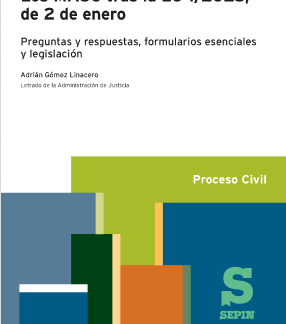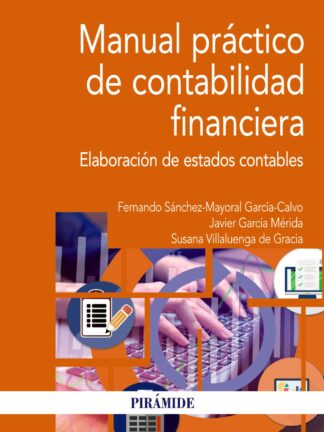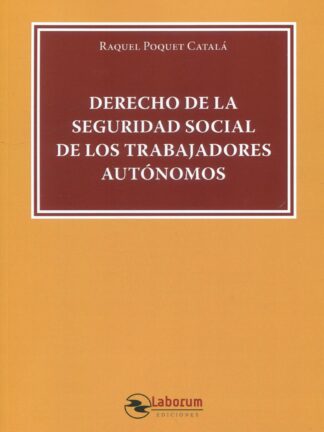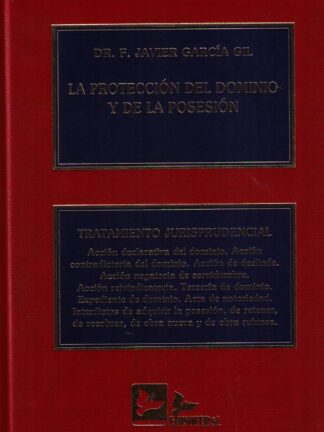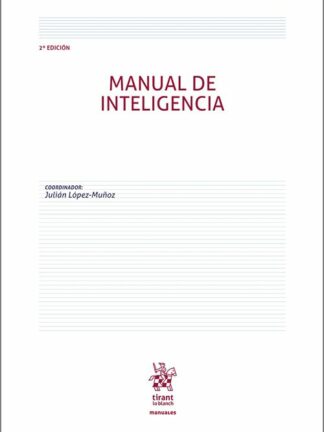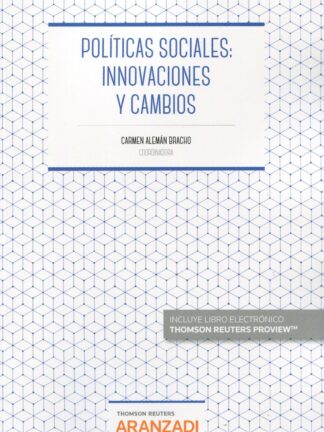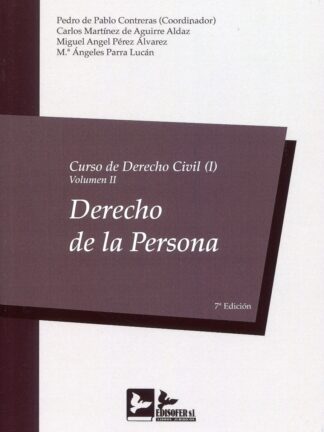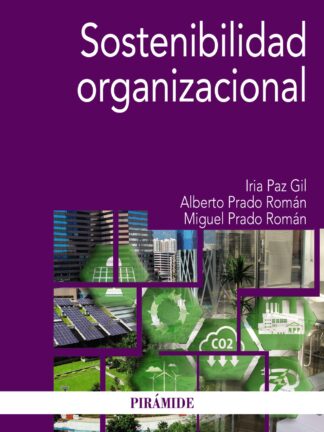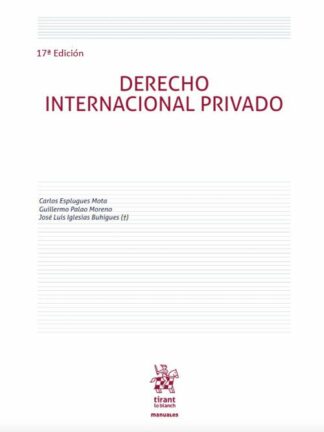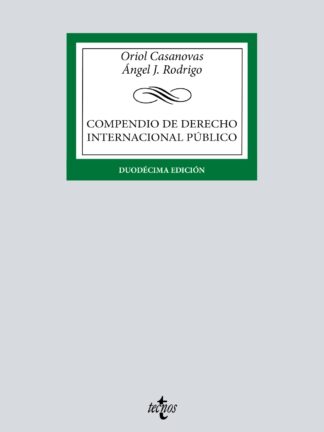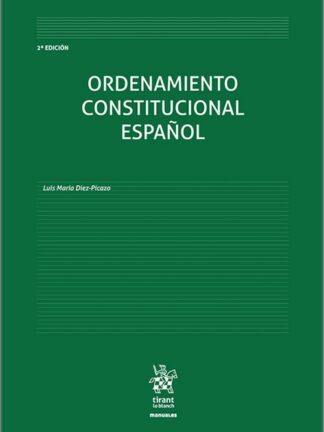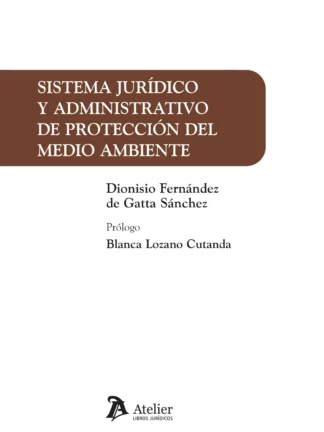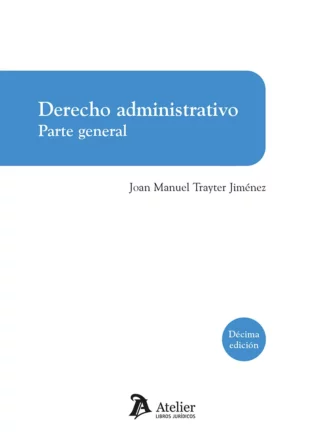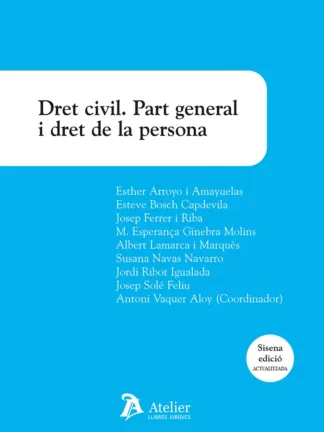Descripción
Human beings have carried this idea of the family throughout their long journey through evolution. It is the notion that there is somehow this unique and special relationship between parents and their children. It runs so deep that it seems, and may well possibly be, imprinted in their DNA. While the human mind generally seeks to socialize and feel part of a group, historically, we find the family at the core of this search.
Family, as a rule, is conditioned by social circumstances. In other words, it finds its meaning within the context in which it is found. As a result, since the French revolution, the movement towards greater individual freedoms has impacted significantly on the family as an institution, especially during the last decades. In this book, we will analyze this evolution through a study of landmark judgements of Spanish courts in the application of Family Law within a particular cultural environment.
The Spanish Constitution of 1978 represents a milestone in the sense that it formalizes a radical shift when it considers human beings as holders of fundamental rights. This new approach is a monumental departure from the old rules of family law that were embodied in the Spanish Civil Code adopted in 1889. As from 1981 this body of law started to be adapted to the new Spanish constitutional principles, and that has continued for the last four decades. This phenomenon is a Corpenican revolution. In order to fully appreciate it we need to study Spanish jurisprudence because it is the courts, in a major way, that have been at the forefront of this modernization by being on the front line by making numerous brave decisions.
As a result of the 1978 Constitution, in Spain, as in many parts of the world, it has become untenable to insist that the legal and moral rights of the individual ought to be subordinated to the “inherent,” “sacred” or “divine” nature of the family. I would even go so far as to argue the opposite, that the constitutional rights of a person cannot be limited by a supposed “higher interest” derived from some formulation of the function of family by Natural Law.
Consistent with this, a person has the right to the full development of his/her personality. This implies the right to get separated or divorced when there is no longer affection between spouses. Thus, it would be arguably unconstitutional to add to this such requirements only allowing divorce in cases of abuse or abandonment. A person cannot be obliged to cohabit with another person against his/her will just to preserve a particular conception of the family. Neither can the interest of the wife be subservient to those of the husband because it goes against their full equality. Likewise, as recognized by a new Spanish law, the best interest of the child should be paramount in case of family disputes. It recognizes the vulnerable position of children in society. This necessitates the exercise of the public powers to guarantee the protection of their fundamental rights.
This legal principle, the best interest of the child, has become the cornerstone of Spanish family law even though it was almost unheard of just fifty years ago. And while this change was profound, even more extreme perhaps was the constitutional protection now extended to so-called non-traditional families. These include non-matrimonial and single parent families, marriages without children, and same-sex marriages. For instance, in 2012, the Constitutional Court upheld Law 13/2005 legalizing same-sex marriage because it does not undermine the essential content of the right to marriage between heterosexuals. Consequently, as the Court said, “homosexuals now have the choice –which was absent before the legal reform– to marry persons of their same sex, in such a way that respects their sexual orientation. Thus, their individual right to marry also includes respect for their own sexual orientation. As a result, a step forward is being made towards guaranteed personal dignity and the free development of one’s personality (Article 10.1 CE), which should achieved full effectiveness of fundamental human rights”.
These watershed moments exemplify the flexibility and inclination of Spanish courts to choose, at critical moments, to align their decisions with changing social realities rather than following to the letter and being enslaved to the literal or historical meaning of legal text. It also demonstrates how crucial the courts have been in achieving this new legal model of the family. Their decisions, in turn, serve as a catalyst for further transformations of these social realities. Thus, from a broader perspective, those moments show the mutual interdependence between the legal system and society at large.
The influence of the courts in the progressive unfolding of the legal and social understandings of the family cannot be understated. Pivotal to this are the Supreme Court and the Constitutional Court. The former because it harmonizes the sometimes contradictory jurisprudence of the Provincial Courts and lays down jurisprudential doctrine in the interpretation and application of the law. The latter because it provides the goals and limits beyond which the legislature and lower courts cannot exceed with respect to the exercise of fundamental rights.
The deep transformations introduced by the courts on the traditional notions of the family have caused some sectors to decry that the family is today in crisis. However, in response to that, what is in crisis today is not the family per se but the traditional view thereof born during the bourgeois revolution of the 19 century. It is in crisis because it is in conflict with the radical shift towards considering human beings as holders of fundamental rights.
Spain today is a modern, open and culturally diverse nation, a product of more than 2,000 years of evolution. In this book, we have tried to reflect on the advancement of jurisprudence in step with shifting community norms. We have focused on judgements over the last three decades from courts of different levels of the Spanish legal system. Furthermore, we have included judgements that have been the most significant and controversial so that the reader can obtain a more balanced and nuanced appreciation of the philosophical underpinnings, directions and debates within the studied cases with respect to modern Spanish Family Law, and society as a whole.
This Introduction cannot end without giving public recognition to Professor Ruben Balane of the Philippines who has kept alive for the past sixty years the dream of revitalizing the legal ties between Spain and the Philippines. One of the fruits of his efforts is the Capacity Building for Legal and Social Advancement in the Philippines project (CALESA) funded by the European Union under its Erasmus+ Program with the University of Malaga in the lead. This book was designed to be one of the resource materials therein because Philippine family law is rooted in the Spanish Civil Code of 1889.
Prior to the 1970s, the legal synergy between Spain and the Philippines ran deep because many Philippine law professors, judges and legal professionals could speak Spanish fluently, it being one of the country’s official languages. However, as the Philippines transitioned to English, communications between the two were essentially cut off, and this remained the status quo for the next half century. However, today, English is a second language in Spain and both are now in a position to rediscover that lost link. Since Spanish and Philippine family law share a kinship relationship, perhaps the experiences of both can be useful for each.
As a final word, this book tells a story about part of our journey as a species. Since it is about family, it necessarily touches upon some of the deepest emotions that we can have for each other. As such, it is not just a Spanish story but a story about us –humanity–. We invite you not only to read this story but also to participate in it. We are all in the same boat, floating in a great ocean whose shores we have yet to see discover. Hopefully, despite our diversity, we can also have enough unity to find a safe harbor, if not for ourselves, then for those who will come after us. For after all, we are also part of that bigger family we call the human race. In this endeavor, we must keep our resolve strong and enduring despite the uncertainties of destiny. We stand on the shoulders of giants. If our forefathers were able to bring us to this point in history, characterized by a level of individual emancipation that would have been unheard of and unimaginable just a century ago, there is no reason why we, with the lessons of the past at our disposal, cannot take future generations to a better tomorrow.

